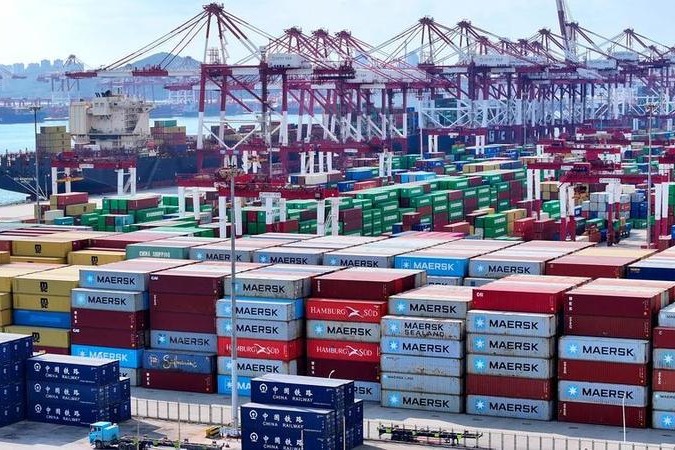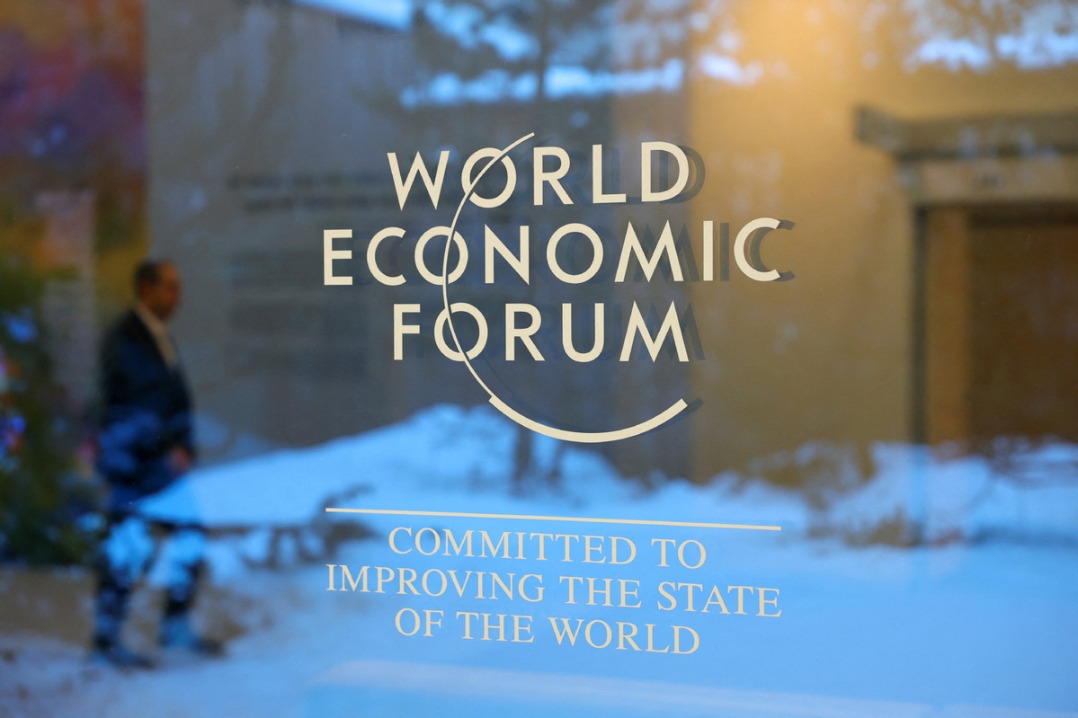Fair shake


Chinese modernization can serve as a catalyst for the developing world to pursue the common good
A common thinking of China and other developing countries is the need to achieve a more equitable world order, be that between independent sovereign states after the era of European colonialism, or in terms of sharing and benefiting from development processes, given that much of the natural and human resources in the developing world have served as a catalyst and engine for the development of the Industrial West.
Most of the developing countries were also members of the Nonaligned Movement during the Cold War, avoiding taking sides in the contest between the North Atlantic bloc led by the United States and the East European bloc led by the Soviet Union.
During the Cold War, these two fundamental parameters of the developing world's aspirations were in many ways also consistent with the prevailing priority interests of China, which also wanted to gain a commensurate role to that of the major powers in world affairs, exemplified by its recognition as a permanent member of the United Nations Security Council. Furthermore, it rationally understood as well as legitimately and proactively pursued domestic economic development for the benefit of its people.
An important corollary effect of these dual common aspirations was that both China and other developing countries became strong proponents of multilateralism and the UN system in particular, at a time when the Western countries increasingly found multilateralism in world affairs more cumbersome, equivocal and less responsive to their interests.
With the end of the Cold War, a proliferation of thematic like-minded groups were created outside the larger multilateral framework. They were initially based on socioeconomic cooperation and coordination, but ultimately expanded in scope toward political consultation, albeit witnessing important fluctuations depending on relations and tensions between the US and Russia. The G7, a group initially bringing together the strongest industrial economies, is one example.
Driven by pragmatic interests, a number of developing countries and China, joined some of these groupings or established others as a way to gain more leverage in world affairs. This trend intensified as the US and other Western countries became increasingly anxious about Russia, notably in light of the present Ukraine crisis, as well as toward the increasing prominence of China on the world scene. A salient example of this is BRICS, which has just recently expanded with the addition of Egypt, Ethiopia, Iran, Saudi Arabia and the United Arab Emirates. More than 40 countries have expressed their interest in joining the group.
The West frequently raises cautionary flags about extensive cooperation by some developing countries with China, underlining that interests are not identical. They also raise questions about the reasons behind the affinity of these developing countries and China. The strategic and fundamental affinity is that China and many developing countries want change toward a more representative, responsive, equitable and inclusive world order. As such, they are committed to making cooperative efforts to realize this objective.
There are several other reasons for the perceived increasing affinity as well. Often, the degree of development assistance and financial support provided by China to other developing countries is suggested as the cardinal motivation. Economic assistance and support is of course a factor, especially for countries with urgent needs or pursuing substantial development programs. Developing countries will naturally be inclined to accept the assistance that is more beneficial be that in size or terms.
Also important are the parameters presented by China for international relations, with the stated objective of building a community with a shared future for humankind, a goal that would fundamentally help in realizing the developing world's aspirations for a reformed world order that is more responsive to its interests.
The Belt and Road Initiative is the most prominent manifestation of efforts to realize this goal as it creates a global cooperative for the boosting of infrastructure connectivity. It is aligned with regional and multilateral development initiatives, with over 150 countries having subscribed to it, and participants investing over $380 billion, although the majority has come from China.
The Global Development Initiative also builds on multilateral programs and aims to expedite implementation of the UN 2030 Agenda for Sustainable Development, particularly greener and more balanced global development among and within countries.
The Global Security Initiative, which emphasizes international partnership, cooperation, and dialogue, highlights the importance of respecting sovereignty of nations, the UN Charter and resolving conflicts through dialogue.
The Global Civilization Initiative underlines the importance of respect for diversity of civilizations. In other words, using our complimentary diversity for the common good because ultimately mankind has a common future which remains in our hands to define.
These four initiatives are essentially looking toward and reaching out to the international community. Many of their framing principles are also significant for Chinese modernization which are expected to enhance the prospects for a better future globally.
China and other developing countries from the Global South will set their respective development and security priorities and choose national pathways. The common embracing of cooperation, dialogue and respect for civilizations and nature will always be greatly beneficial to the world at large.
The author is former foreign minister of Egypt and a senior visiting research fellow at the Institute for Global Cooperation and Understanding, Peking University. The author contributed this article to China Watch, a think tank powered by China Daily.
The views do not necessarily reflect those of China Daily nor the institutions he represents.
Contact the editor at editor@chinawatch.cn.


































